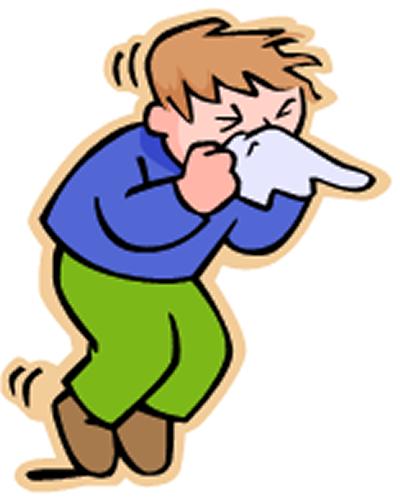
Do antibiotics help children recover from simple chest infections? we do not know, we would like you to help us find out.
The project is based on an adult one, which was almost identically run around Europe (including the UK) and which found little benefit from prescribing antibiotics.
We are running an observational study with a Randomised Controlled Trial (RCT) nested within it. We are recruiting at least 938 children over three years with symptoms consisting of simple, uncomplicated, non-pneumonic, Lower Respiratory Tract Infections (LRTI) in Primary care. These will be supported by the Universities of Southampton, Oxford, Cardiff and Bristol with Southampton leading the project. Recruitment started in November 2016.
Children are eligible if they are aged from 6 months up to 12 years of age, presenting with a suspected LRTI and cough as the predominant symptom.
Exclusion criteria for the observational element are:
• Non-infective (e.g. reflux, Pulmonary Embolism (PE)) or croup (where viral aetiology is very likely). This includes where exacerbations of asthma are the clear and prominent cause of the cough/bronchoconstriction.
• Those with clinically suspected pneumonia or very unwell and/or unwilling to be randomised will be invited to participate in an observational study collecting the same data.
• Severe tachypnoea as judged by the recruiting clinician.
• immune-compromised.
• Antibiotic use in previous 30 days.
• Children with asthma whose presentation is felt to be due to a non-infective asthma exacerbation and in whom antibiotics are not being considered eligible, nor children without a previous diagnosis of asthma in whom the presentation is suggestive of asthma rather than an infection (as per national asthma guidelines, e.g a less acute history, predominant wheeze, breathlessness, reduced peak expiratory flow rate, asthma risk factors).
In addition exclusion criteria for the trial are:
• Children with hypersensitivity to any of the penicillins should also be excluded or to any of the excipients.
• History of a severe immediate hypersensitivity reaction (e.g. anaphylaxis) to another beta-lactam agent (e.g. a cephalosporin, carbapenem or monobactam).
• History of jaundice/hepatic impairment due to amoxicillin.
• Children who are on concomitant medication which, based on the clinical judgment of the clinician, may lead to clinically significant interaction with amoxicillin.
• Children with known severe renal failure, hepatic failure, infectious mononucleosis (active or within last two months), or phenylketonuria.
• Children currently taking any medications known to interact with amoxicillin (e.g. probenecid, sulfinpyrazone, methotrexate, mycophenolate, oral anticoagulants) or increase the risk of adverse reactions (e.g. allopurinol).
• If a sibling living in the same household is already enrolled on the trial taking project medication.
• Suspected pneumonia based on clinical examination (oxygen saturation below 92% or focal rales) or being very severely ill as judged by the GP.
• Children previously entered into the ARTIC PC trial.
• Children who have been involved in another medicinal trial within the last 90 days.
• The criteria for referral to hospital using the NICE Feverish Children Clinical Guideline or NICE guideline on Sepsis in Children and Adults.
• Individuals with very severe, oral steroid-dependent asthma who may be at greater risk of serious infection.
The observational part is essentially ‘care as usual’ with the completion of a symptom diary for up to 28 days. This is completed until the child has no symptoms. There is optional tests that we would like 80% of all recruits to have -including a throat swab, a finger prick blood test and a chest x-ray. The x-rays should be taken ideally within 3 days of recruitment.
The RCT means randomisation (allocation to an unknown treatment by chance like tossing coin) to an active treatment of the antibiotic-amoxicillin or a placebo-the dummy medicine. These children will also be asked to complete a symptom diary for up to 28 days. This is completed until the child has no symptoms. As with the observational study -there are optional tests that we would like 80% of all recruits-inclduing a throat swab, a finger prick blood test and a chest x-ray. Again, the x-rays should be taken ideally within 3 days of recruitment.
The research is led by Professor Paul Little at the University of Southampton supported by Professor Theo Verheij from Utrecht. The supporting Universities leads are Oxford – Professor Anthony Harnden, Cardiff - Dr Nick Francis and Bristol - Professor Alastair Hay.
If you would like to help use the contact us page.